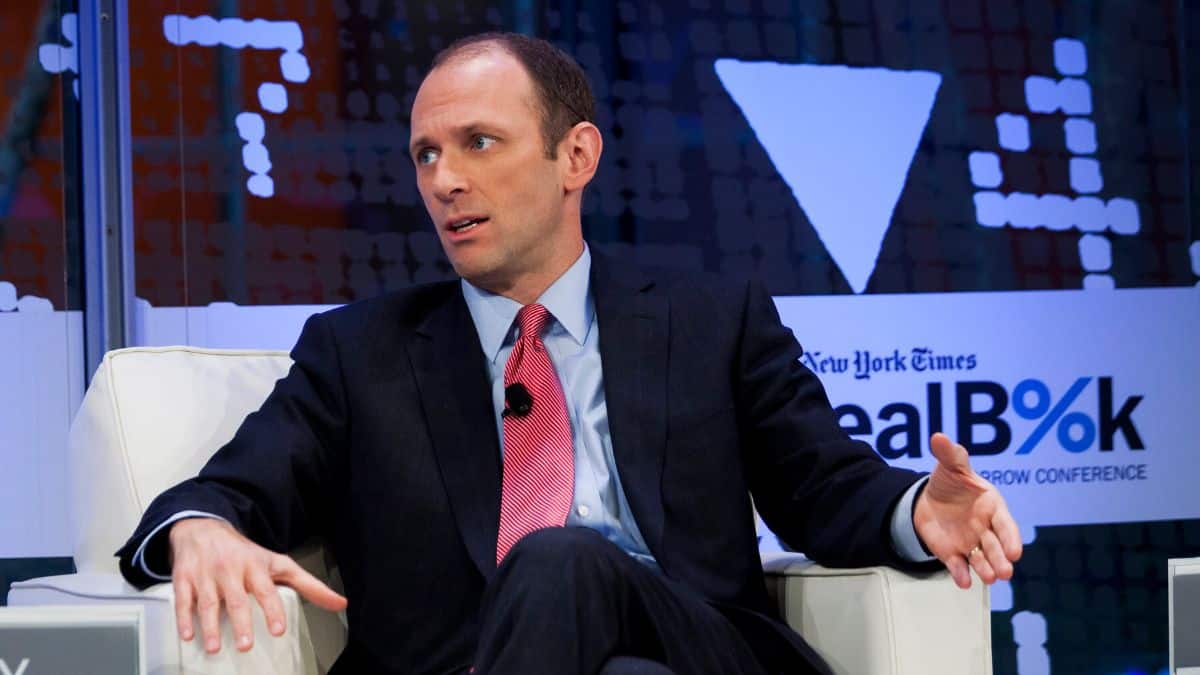Austan Goolsbee, President of the Chicago Federal Reserve, has reiterated that the Federal Reserve’s monetary policy decisions are fundamentally guided by economic data rather than political considerations or stock market fluctuations. His recent comments underscore the Fed’s commitment to making decisions based on a rigorous analysis of economic indicators.
In an interview with financial news outlets, Goolsbee emphasized that the central bank’s primary focus is on key economic metrics such as inflation, employment, and overall economic growth. While market movements and political discussions may attract significant attention, Goolsbee made it clear that these factors do not directly influence the Fed’s policy decisions.
The Fed’s approach, according to Goolsbee, is designed to maintain its credibility and ensure that monetary policy effectively supports stable economic conditions. This commitment to data-driven decision-making is crucial for fostering economic stability and avoiding the pitfalls of reacting to short-term market trends or political pressures.
Goolsbee’s remarks come at a time when financial markets are experiencing volatility and economic data is showing mixed signals. The central bank’s decisions are closely scrutinized by investors and policymakers, who are keen to understand how the Fed will respond to evolving economic conditions. Despite these pressures, Goolsbee’s statement reinforces the Fed’s stance on prioritizing empirical evidence and long-term economic goals over immediate market or political concerns.
The Fed’s adherence to a data-centric approach is intended to provide clarity and predictability in its monetary policy, which is vital for effective economic planning and market stability. As the central bank continues to navigate challenges such as inflationary pressures and potential economic slowdowns, Goolsbee’s comments serve as a reminder of the Fed’s unwavering focus on its core mandate.

